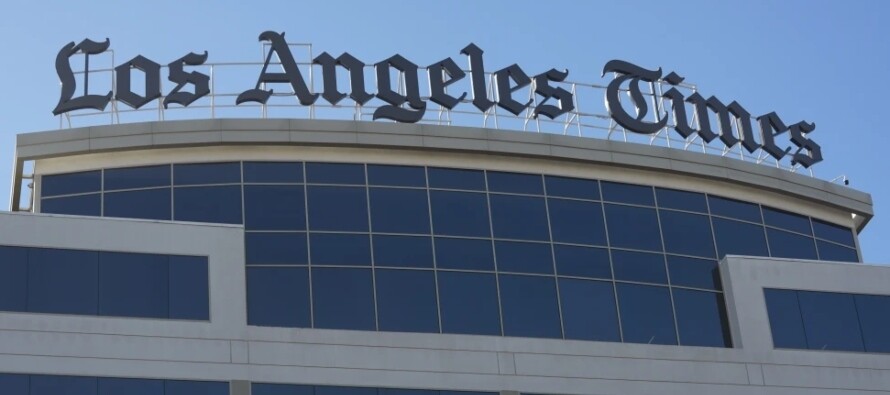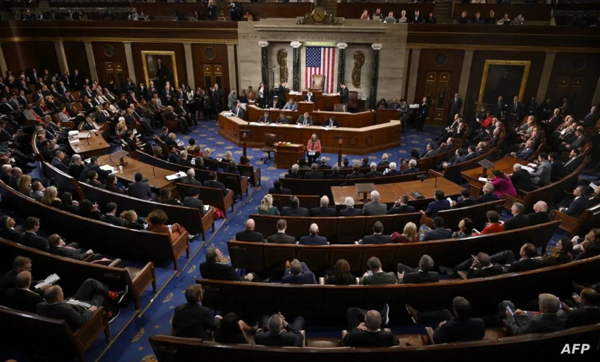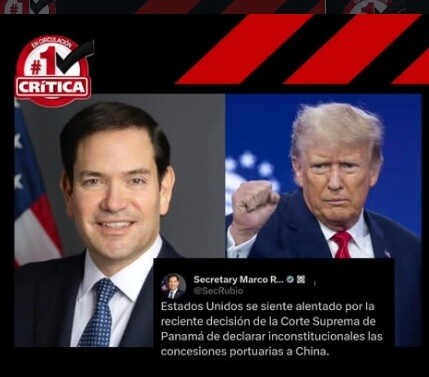
In the last two decades, the number of newspapers endorsing presidential candidates has decreased, attributed in part to financial issues in the industry and political polarization. Recently, The Washington Post and the Los Angeles Times sparked controversy by deciding not to endorse any candidate in the elections.
The owner of the Washington Post, Jeff Bezos, publicly defended the decision not to endorse any candidate, stating it was a show of support for the readers' ability to make their own political decisions. Despite this, some members of the Post's editorial board resigned and several journalists expressed their disapproval.
In response to the controversy, some readers have canceled their subscriptions, leading to a decrease in the number of subscribers. However, in other newspapers, like The Plain Dealer which endorsed Kamala Harris, the decision to support a candidate has generated criticism and a loss of readers.
Despite the lack of endorsements for candidates, some journalists express concern about the repercussions this may have on their work. Bezos and Soon-Shiong decided not to endorse any candidate, which generated discontent among some newspaper employees.
The controversy persists, with prominent figures in journalism and former collaborators expressing their disapproval of the newspapers' decision not to endorse candidates. The loss of subscribers and the risk of layoffs are some of the consequences foreseen due to this controversial decision during a politically tumultuous time.














